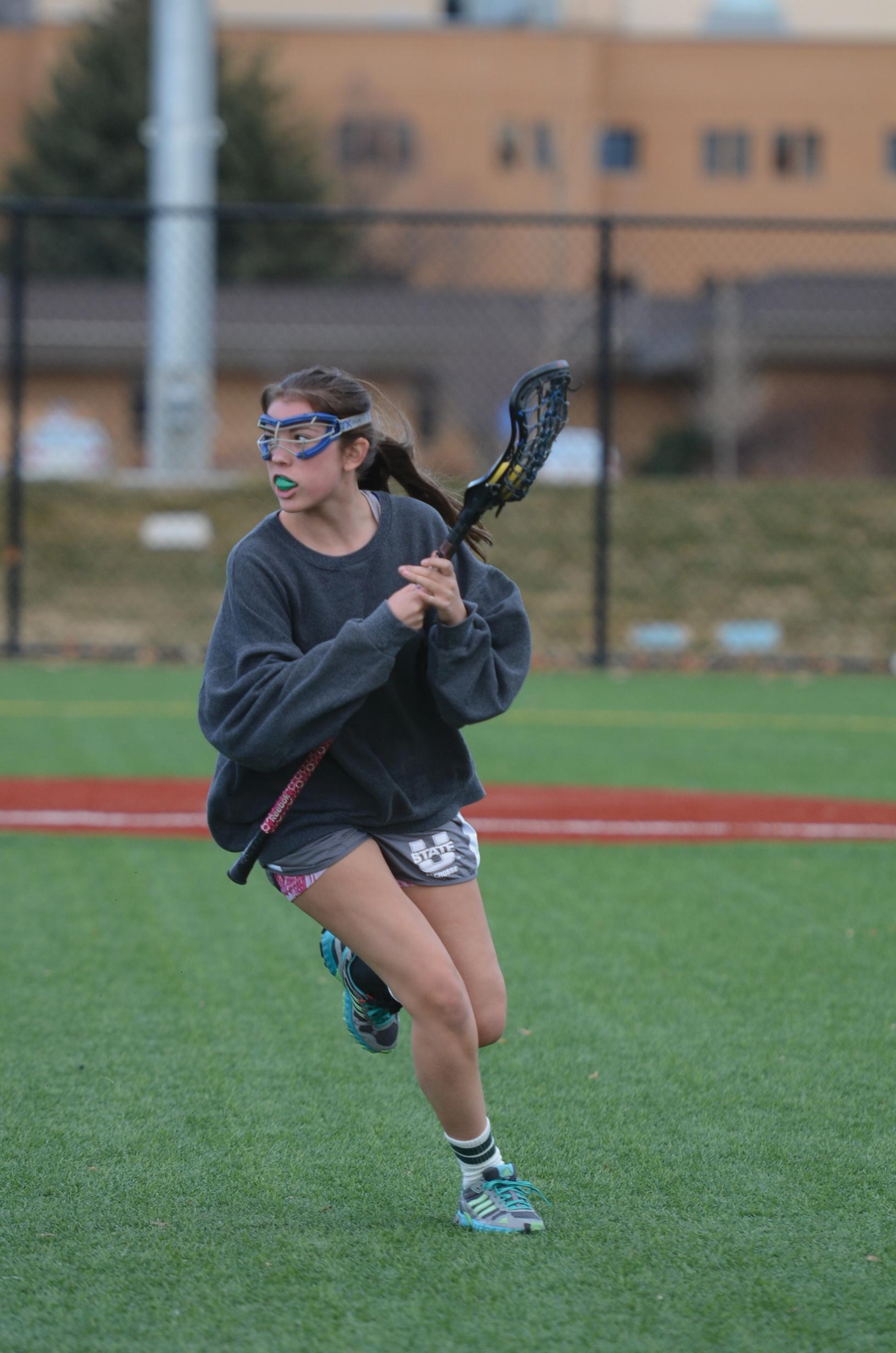Showing the strong side: gender stereotypes at USU
After 90 years of protest, the Sochi Winter Olympics were the first to offer the women’s ski jump; however, women can only compete in one of the ski jump events, the normal hill, and cannot compete in large hill or the team event like men do. Restrictions based on gender stereotypes exist not only in Olympic sports, but college sports as well.
“With women’s lacrosse, you can’t check as much,” USU lacrosse captain Hali King said. “I don’t know who decided you can’t check as much. Maybe it goes back to older traditions and society’s view of women, that they were more delicate than men and men were more rough and tough.”
USU lacrosse captain Amy Read said as a result, the nature of the sport changes.
“Playing lacrosse is different from the men’s team,” Read said. “The point of the sport is different. The guy’s sport is more like hockey and the girl’s is more like basketball. It’s more about your skill and less about your contact.”
Llely Duarte, a member of the USU women’s rugby team, said what women have been taught is feminine has even prevented female athletes from participating in team sports.
“They are taught to be pretty, dainty, polite, soft and kind, and rugby is the opposite of that,” Duarte said. “Rugby shows your strong side.”
While measures like Title IX of the Education Amendments of 1972 are utilized to ensure gender equality and destroy gender stereotypes, it is at the cost of restricting the growth of teams that are not of the underrepresented gender.
“We are not an official team, so we don’t advertise our tournaments very much,” USU men’s volleyball player Spencer Aamodt said. “There’s some type of law that prevents more boys sports than girls sports, so we have to pay our own way to be on the team.”
Sexuality and body image also play a role in the stereotypes for male and female athletes at USU, according to USU women’s rugby player Asher Puriri.
“One guy in my class was like, ‘You don’t play rugby,'” Puriri said. “Like he didn’t even ask me but told me, ‘You don’t play rugby because you’re not huge.’ Then people are like, ‘You’re a lesbian,’ and I get stereotyped like that all the time, which is so negative to both groups.”
Puriri said even the number of those who attend sporting events is influenced by the represented gender.
“Guy sports have more fans than girl sports,” Puriri said. “I think if people came and saw what we did, we would get so much more respect, and it would be different.”
However, progress is being made in sports like women’s lacrosse to provide female athletes with the same regulations as male athletes.
“It has changed a lot since I have come to college,” Read said. “Girls are more aggressive and are allowed to wear helmets and more padding, just as long as it’s safe.”
Madeline Jensen, a member of the USU women’s rugby team, said some people believe playing team sports is a positive thing for women.
“When we tell people we play rugby, they’re like, ‘You’re badass,'” Jensen said. “People see our bruises and are like, ‘You tackle? That’s awesome.'”
– katherine.l.larsen@gmail.com

